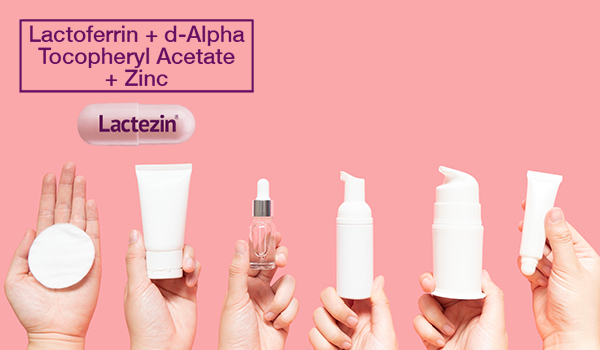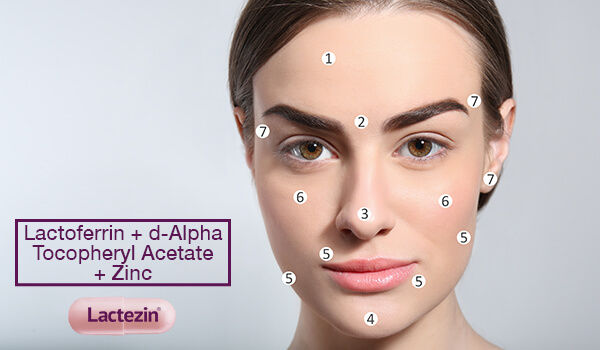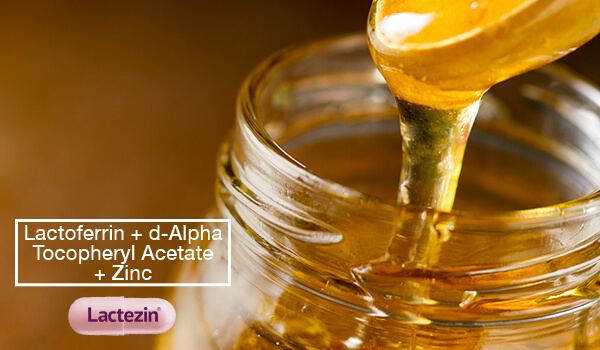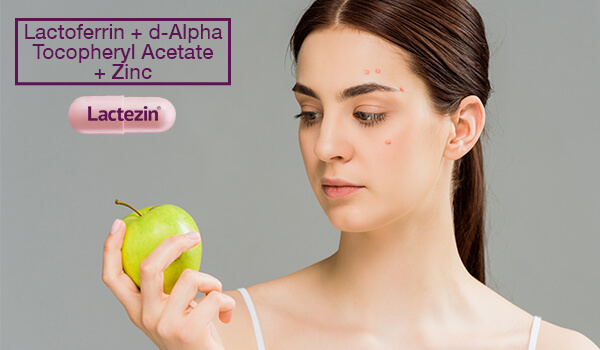The Acne Skin Care Product Glossary: Everything You Need to Know

Overwhelmed by the abundance of acne skin care products and their benefits? You’re not the only one. So here’s a handy list decoding acne skin care products’ ingredients.
AHA (Alpha-Hydroxy Acid)
- Natural, water-soluble acids from fruit, dairy products, and sugar cane.
- Aids in enhancing skin texture through exfoliation and removal of dead skin cells and unblocking of pores.
- Decreases chances of acne and pimple formation.
BHA (Beta-Hydroxy Acid)
- Oil-soluble acids ideal for oily, acne prone skin.
- Dissolves bonds between dead skin cells and normalizes pore lining, effectively combating acne and breakouts.
- Anti-inflammatory and antibacterial
Ceramides
- Lipids that help bind cells together to enhance the surface layer of the skin, also known as the epidermis.
- Also helps retain moisture and protect against environmental aggressors like pollution.
Citric Acid
- A type of AHA, extracted from citrus fruits.
- Primarily used to adjust a product’s pH level.
- Promotes skin peeling and regrowth.
Collagen
- A major skin component that provides firmness and hydration while strengthening the skin.
Glycolic Acid
- A type of AHA, derived from sugar cane.
- Exfoliates and smooths out fine lines and uneven texture.
- Can also boost moisture content, making the skin’s surface barrier hydrated and strong.
Green Tea
- A powerful antioxidant that has anti-inflammatory and antimicrobial properties.
Hyaluronic Acid
- An oil-free molecule that increases the skin’s moisture content.
- Can hold 1000x its weight in water.
- Revitalizes the skin’s outer layers, resulting in softer, smoother, and hydrated skin.
Kaolin Clay
- A type of natural clay, first obtained in China.
- Can absorb oil and drive out impurities.
Lactoferrin
- An iron-binding, naturally occurring protein in the body.
- Antibacterial, anti-inflammatory, and repairs damaged skin cells.
- Also reduces inflammation and sebum production.
Lactic acid
- A type of AHA, derived from milk.
- An anti-wrinkle and pigmentation-fighting ingredient for improved skin tone and reduced pore appearance.
Niacinamide
- A type of Vitamin B3 that reduces the appearance of large pores, uneven skin tone, fine lines, and dullness.
Non-comedogenic
- A term used to describe products that are formulated to not clog pores.
Oil-free
- Implies that the product is free from natural and artificial oils.
Retinol (Vitamin A)
- Exfoliates and reduces formation of acne scars by aiding in the production of collagen.
- Must be used together with SPF as it increases the skin’s sensitivity to sun.
Salicylic Acid
- A popular acne-fighting ingredient that can prevent future comedones from forming.
Sulphates
- A synthetic or plant-derived cleansing agent that creates a lather to remove dirt and oil.
Tea Tree Oil
- Derived from Melaleuca alternifolia tree.
- Can help prevent acne lesions and reduce swelling brought about by inflammatory acne.
Vitamin E (Tocopherol)
- A powerful antioxidant that helps fight free radical skin damage.
- Regulates collagen and helps prevent skin dryness.
- Also helps protect skin from sun’s UV-induced photodamage.
Zinc
- A chemical nutrient that has oil-regulating properties to help improve skin appearance.
- Also helps boost and enhance the immune system.
The next time you find yourself stumped by your acne skin care products’ ingredient list, this glossary is just a click away!
Click here to learn more about Lactoferrin + d-Alpha Tocopheryl Acetate + Zinc (Lactezin): how Lactezin® works
If symptoms persist, consult your doctor.
ASC Ref No. U084P031521LS
SOURCES:
https://www.adorebeauty.com.au/beautyiq/skincare-a-z-glossary/
https://www.everydayhealth.com/skin-beauty/beauty-skincare-glossary-you-need/
https://www.ewg.org/skindeep/ingredient/701385/citric_acid/#
https://www.healthline.com/nutrition/collagen-benefits#section1
https://www.healthline.com/health/benefits-of-green-tea-for-skin#green-tea-and-acne
https://www.paulaschoice.com/expert-advice/skincare-advice/anti-aging-wrinkles/how-hyaluronic-acid-benefits-skin.html
https://www.stylecraze.com/articles/benefits-of-kaolin-clay-for-skin/#gref
https://www.healthline.com/health/beauty-skin-care/lactic-acid-peel
https://www.paulaschoice.com/expert-advice/skincare-advice/anti-aging-wrinkles/how-niacinamide-helps-skin.html
https://www.webmd.com/beauty/retinoid-gel-and-cream-treatments#1
https://www.healthline.com/health/beauty-skin-care/tea-tree-oil-for-acne-scars


